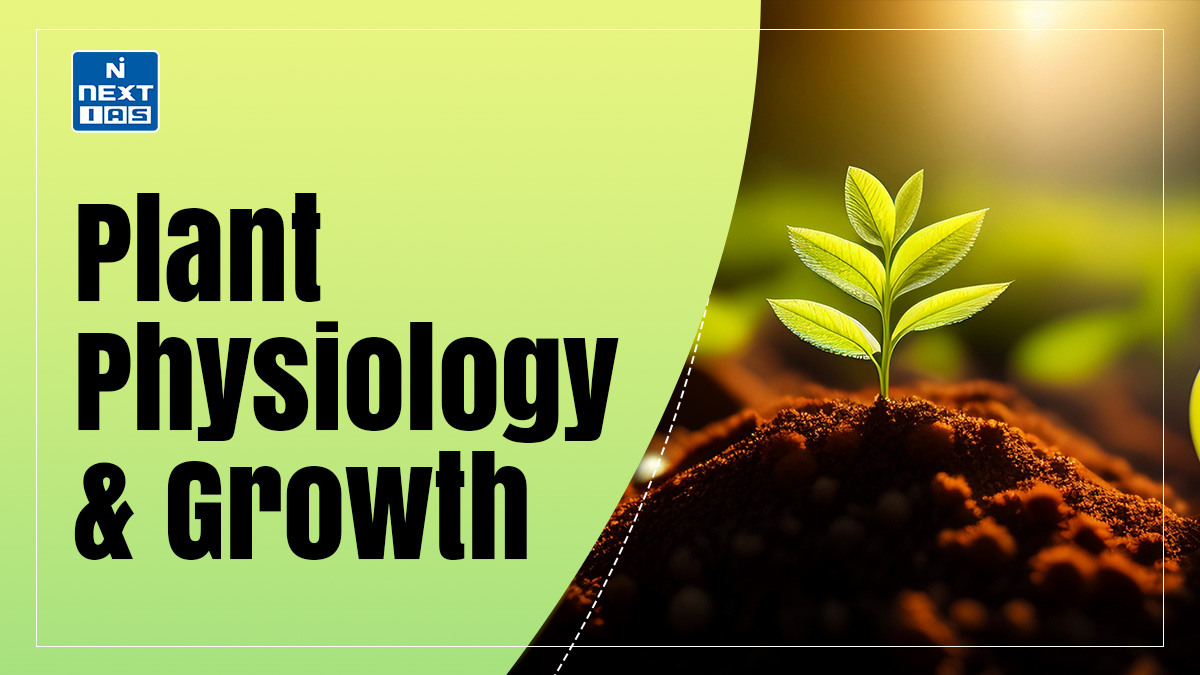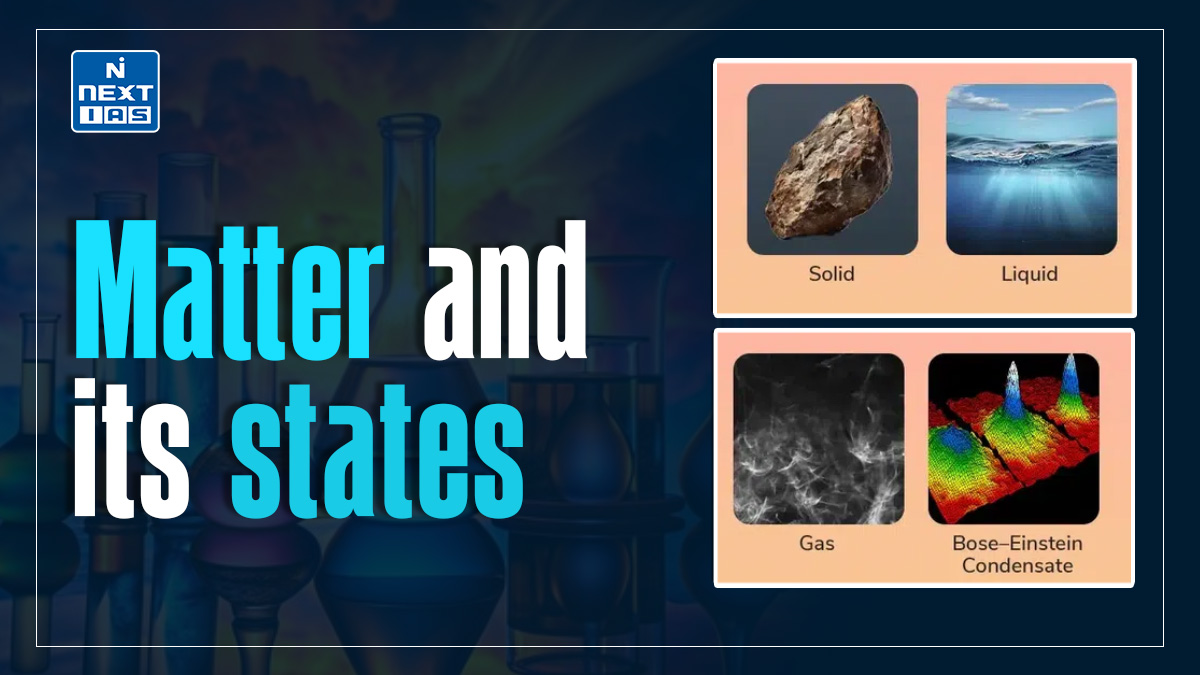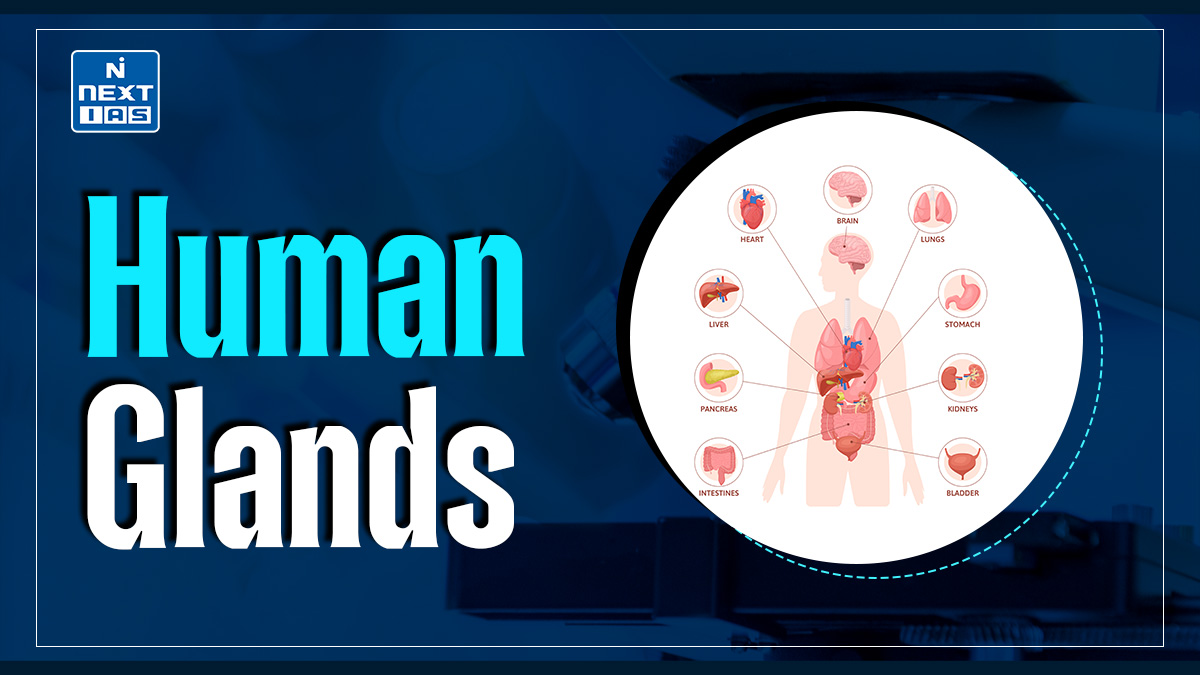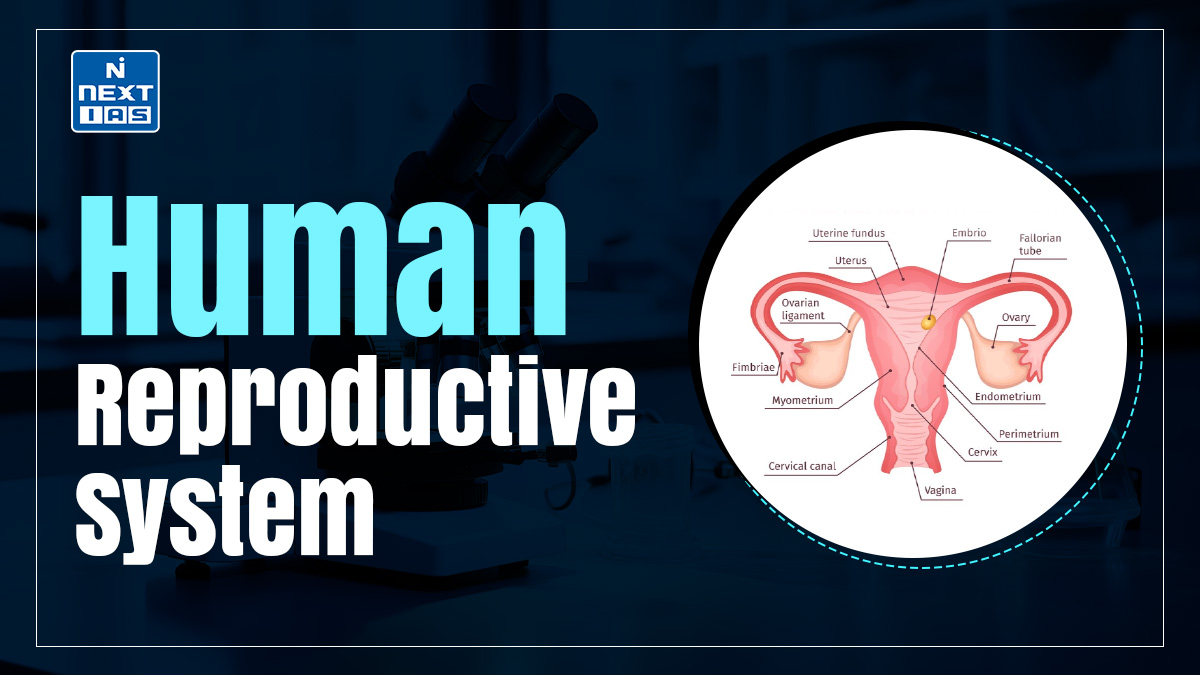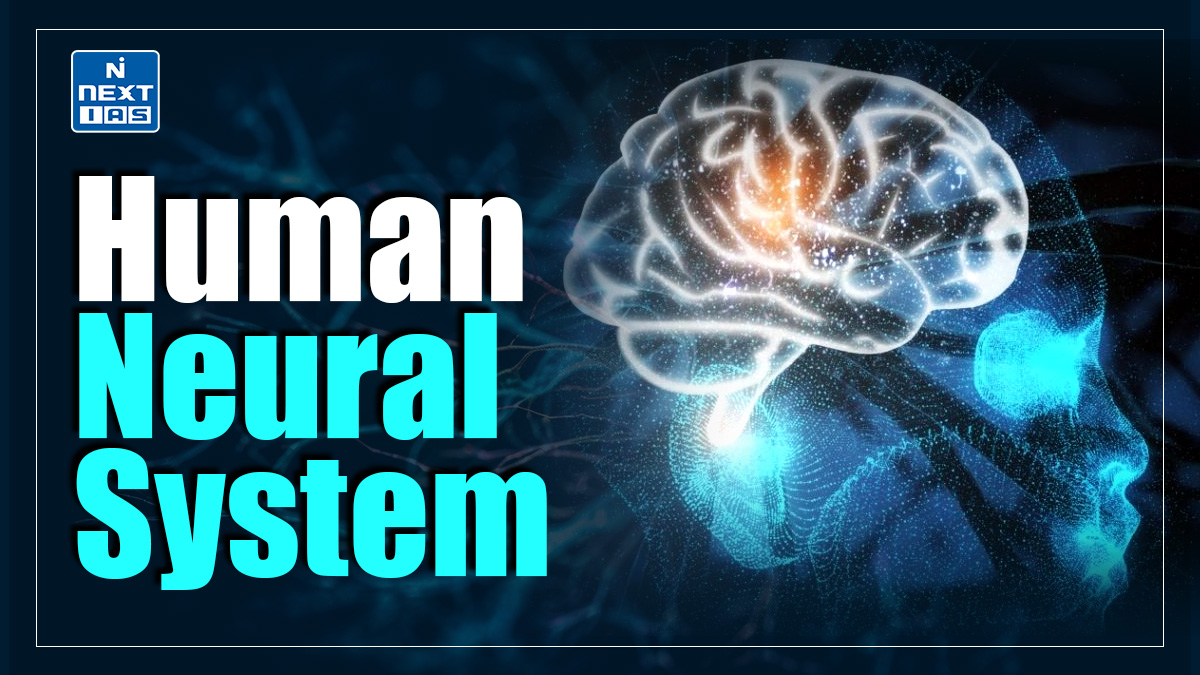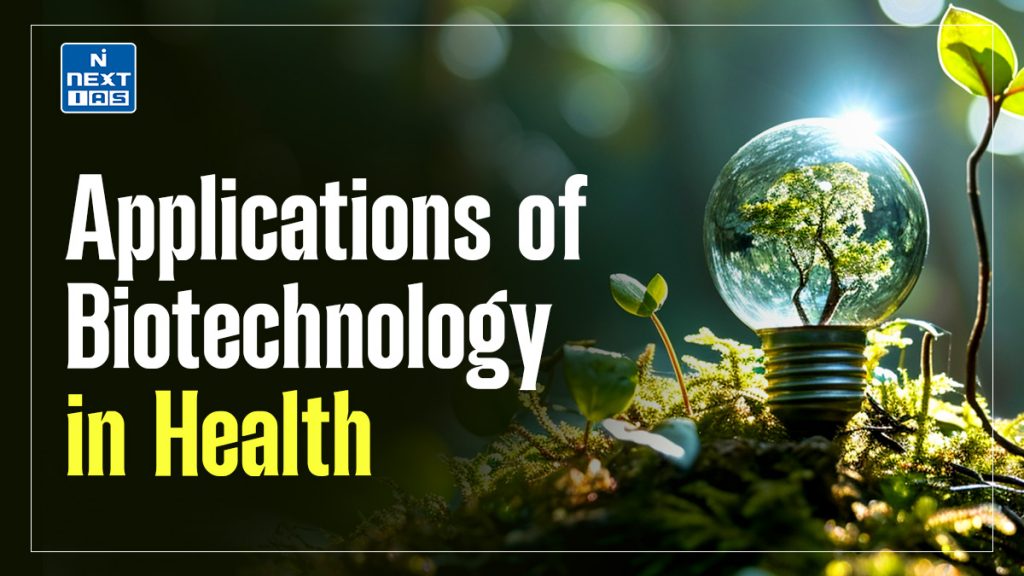
Biotechnology drives healthcare by developing solutions for diagnosis, prevention, and treatment through tools like vaccines, gene therapy, and biologics. It addresses infectious diseases, malnutrition, and pollution while enhancing life expectancy and public health. This evolving field improves quality of life and reduces health disparities globally. This topic includes about applications of biotechnology in health.
Examples of Application of Biotechnology in Health
Genetically Engineered Insulin
- Management of adult-onset diabetes requires regular insulin. Earlier, insulin from cattle or pigs caused allergies, but genetically engineered insulin offers a safer alternative.
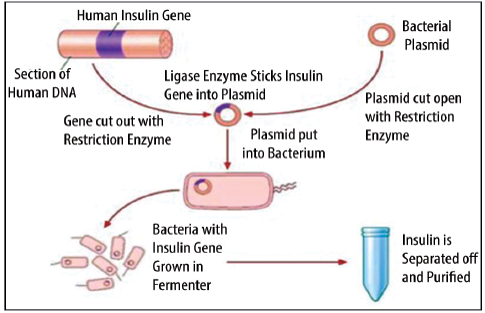
Gene Therapy
Gene Therapy is an attempt to correct the Hereditary Disease in any person. It is a collection of methods that allows correction of a gene defect that has been diagnosed in a child/embryo. Here genes are inserted into a person’s cells and tissues to treat a disease. Correction of a genetic defect involves delivery of a normal gene into the individual or embryo to take over the function of and compensate for the non-functional gene.
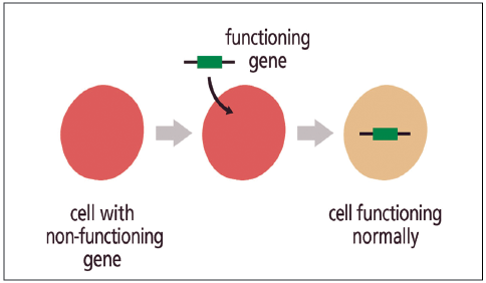
Read our detailed article on Gene Therapy.
Molecular Diagnosis
- Molecular Diagnostics is the branch of laboratory medicine or clinical pathology that utilizes the technique of molecular biology to diagnose disease, predict disease course, select treatments, and monitor the effectiveness of therapies.
ELISA
- An Enzyme-linked Immunosorbent Assay, also called ELISA or EIA, is a test that detects and measures antibodies in your blood. This test can be used to determine if you have antibodies related to certain infectious conditions.
An ELISA test may be used to diagnose: HIV, which causes AIDS, rotavirus, Zika virus and other diseases.
Antibodies are proteins that our body produces in response to harmful substances called antigens.
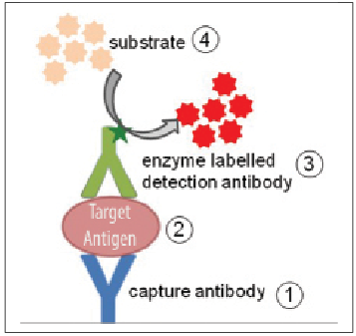
Polymerase Chain Reaction
- It is a technique used in the lab to make millions of copies of a particular section of DNA. It was first developed in 1980s. It is also used as a common tool in early stages of processing DNA for sequencing, for detecting the presence or absence of a gene to find pathogens.
Pathogen is an infectious agent that causes disease or illness to its host. Usually it may be a Bacteria, Virus or Parasite.
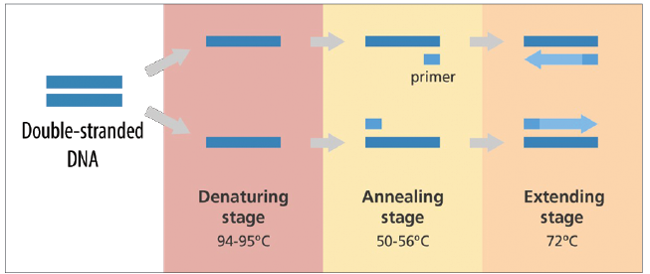
Blotting Technique
- Blotting techniques are used to identify unique proteins or nucleic acid sequences. They have been- developed to be highly specific and sensitive and have become important tools in both molecular biology and clinical research.
Genetically Engineered Steroids
Athletes who want to maximise their performance are continually tempted to use illegal drugs to gain competitive advantage and to aid recovery from training and injuries. Some commentators have raised concerns that genetic modification or “gene doping” will be the next step in the search for enhanced performance.
Advantages of Biotechnology Applications in Health
- Improved Diagnostics:
- Rapid and accurate detection of diseases through advanced diagnostic tools, enabling timely treatment.
- Targeted Therapies:
- Development of personalized medicine that tailors treatments to individual genetic profiles, increasing effectiveness and reducing side effects.
- Vaccine Development:
- Faster production of vaccines using recombinant DNA technology, enhancing response to emerging infectious diseases.
- Sustainable Treatments:
- Use of bioengineered products, such as lab-grown insulin, reduces dependence on animal sources and lowers the risk of allergies.
- Enhanced Drug Production:
- Biopharmaceuticals produced through biotechnology, like monoclonal antibodies, offer targeted treatment options for various diseases, including cancer.
- Nutritional Improvement:
- Creation of biofortified foods helps combat malnutrition by increasing the nutritional value of staple crops.
- Gene Therapy:
- Potential to cure genetic disorders by directly modifying or replacing defective genes, improving patient outcomes.
- Environmental Impact Reduction:
- Biodegradable medical products and environmentally friendly production processes minimize waste and pollution.
- Research Advancements:
- Biotechnology accelerates research in genomics and proteomics, leading to new discoveries and innovations in health science.
- Global Health Solutions:
- Provides affordable and accessible healthcare solutions, addressing health disparities and improving public health worldwide.
Disadvantages of Biotechnology Applications in Health
- Ethical Concerns:
- Genetic manipulation and cloning raise ethical questions regarding human intervention in natural processes and potential misuse of technology.
- Allergic Reactions:
- Biopharmaceuticals, particularly those derived from non-human sources, can cause allergic reactions or adverse effects in some individuals.
- High Costs:
- Development and production of biotechnological products can be expensive, leading to high costs for patients and healthcare systems.
- Accessibility Issues:
- Advanced biotechnological treatments may not be widely accessible, particularly in low-resource settings, exacerbating health disparities.
- Regulatory Challenges:
- The approval process for biotechnological products can be lengthy and complex, delaying access to new therapies.
- Potential for Resistance:
- Overuse of biopharmaceuticals, such as antibiotics and vaccines, can lead to the development of resistant strains of pathogens.
- Environmental Impact:
- Genetically modified organisms (GMOs) may have unforeseen effects on ecosystems, including biodiversity loss and disruption of natural habitats.
- Dependency on Technology:
- Increased reliance on biotechnological solutions may diminish traditional medical practices and knowledge.
- Uncertain Long-Term Effects:
- Long-term effects of gene therapies and genetically modified foods are not fully understood, raising concerns about safety and efficacy.
- Social Inequity:
- The focus on biotechnological advancements might lead to neglect of other essential health determinants, such as socio-economic factors and access to basic healthcare services.
Way Forward for Applications of Biotechnology in Health
The future of biotechnology in health includes leveraging AI for diagnostics, advancing gene editing technologies, and developing regenerative medicine. Promoting personalized medicine, enhancing vaccine development, and integrating telehealth solutions will improve accessibility. Sustainable bioproduction, global collaboration, clear regulatory frameworks, and increased public awareness will drive innovations, ultimately enhancing patient care and public health outcomes.
Conclusion
The applications of biotechnology in health represent a transformative force in modern medicine, driving innovations that improve diagnostics, treatment, and patient outcomes. From personalized medicine and advanced therapies to sustainable practices and global collaborations, biotechnology holds the potential to address pressing health challenges and enhance the quality of life. As research and technology continue to evolve, the integration of biotechnology into healthcare will pave the way for more effective, accessible, and affordable solutions, ultimately leading to a healthier future for individuals and communities worldwide.
GS - 3